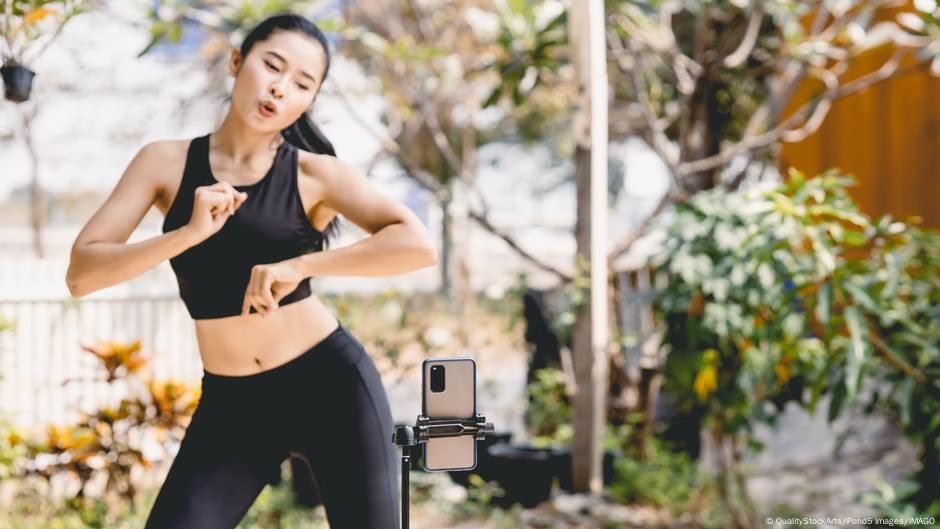Misinformation and deceitful health cures have been prevalent throughout history. Early Christians were advised to consume images of saints to treat illnesses and pain, while charlatans in the 18th century sold their so-called "snake oil" as a panacea for various health issues.
In today’s digital age, medical misinformation spreads more rapidly than ever before, largely due to social media platforms. With millions of followers just a click away, influencers appear to wield considerable influence over health and medical advice.
A recent study published in the JAMA Network Open found that approximately 85% of social media posts about medical tests share misleading or potentially harmful false medical advice. This oversight can fail to highlight significant concerns such as overdiagnosis or overuse.
The study’s authors suggest that there is a pressing need for more stringent regulation of misleading medical information on social media.
Medical misinformation is particularly prevalent on social media, contributing significantly to overdiagnosis and the growing demand for unnecessary treatments, which are recognized as major health risks. Overdiagnosis diverts healthcare resources from addressing underdiagnosed and undertreated diseases. Treatment overuse can result in adverse effects such as medication-induced headaches.
The researchers examined 982 social media posts from Instagram and TikTok influencers, who collectively have around 200 million followers, to evaluate the accuracy and potential impact of their posts on viewers. Only 15% of these posts mentioned potential harms associated with medical tests.
Financial incentives also play a role in promoting tests on social media, even if they are not necessary or beneficial. This can lead to distorted information where the benefits of tests are exaggerated, and the risks are minimized.
To protect yourself from health misinformation online, it’s important to:
- Verify the credentials of those providing medical advice.
- Approach online content critically, scrutinizing if it is supported by scientific evidence from reputable sources.
- Fact-check information shared by influencers through reliable websites such as the NHS or the WHO.
- Think before sharing content to avoid spreading falsehoods.
- Enhance your media literacy skills, which can help in identifying false health information.
By following these steps, individuals can improve their ability to critically assess health-related content on social media and make informed decisions about their healthcare needs.
Edited by: Matthew Ward Agius
Source: Social Media Posts About Medical Tests With Potential for Overdiagnosis








